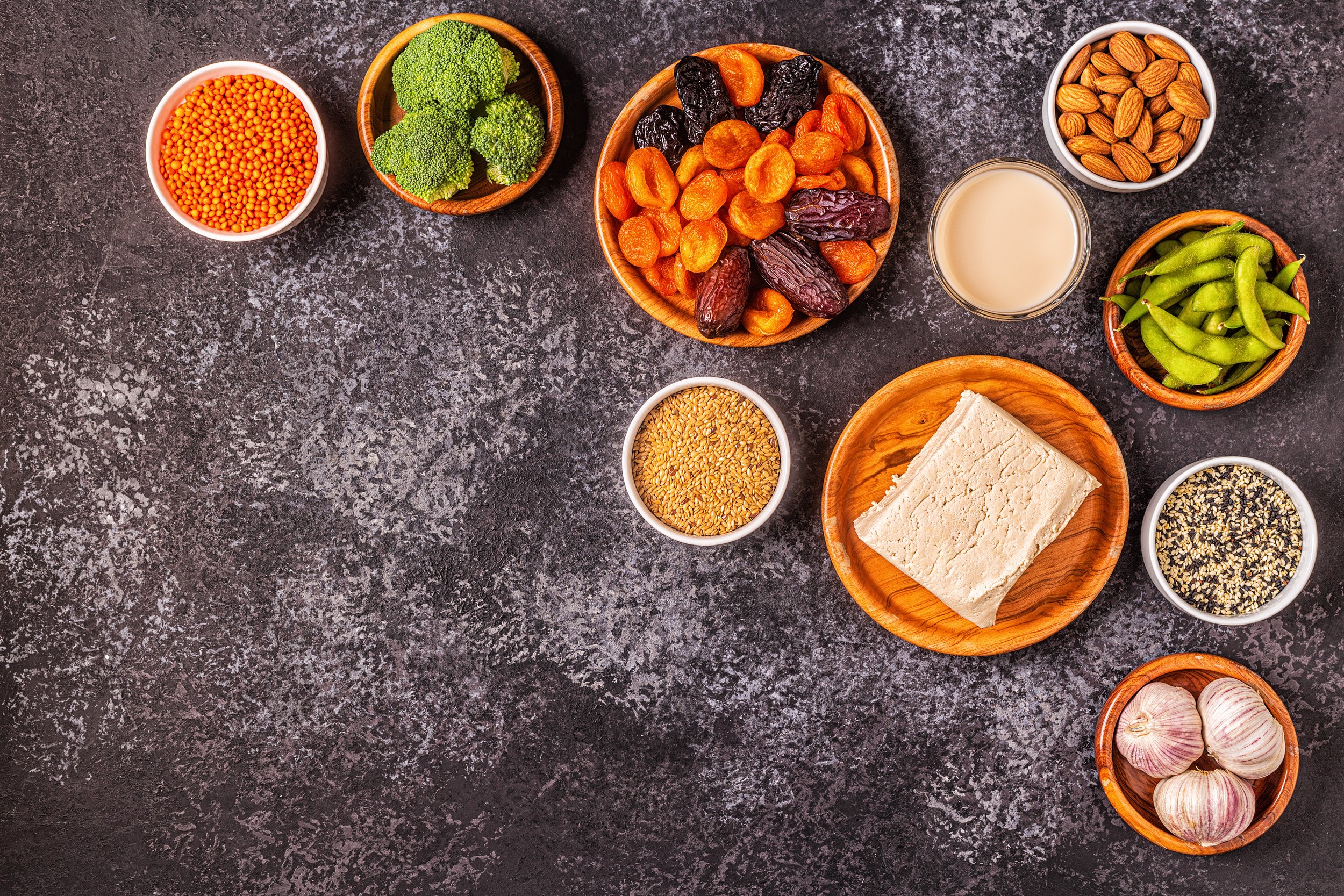
NUTRITIONAL SUPPORT FOR PERIMENOPAUSE
DECEMBER 01, 2022
Perimenopause refers to the lead-up to a woman’s final menstrual period (menopause). This time is a critical window of recalibration in hormonal flow and usually occurs for women in their 40s, although can begin as early as the mid-30s or as late as the mid-50s. On average, perimenopause lasts for around 4 years, but this varies greatly between women.
For many, perimenopause can be a daunting and turbulent time. As production of oestrogen declines and the body cycles through significant hormonal changes, it is common for women to experience symptoms like irregular periods, hot flashes and night sweats, vaginal dryness, breast tenderness, mood swings, and sleep disturbance.
However, there are ways to make this transition easier. Nutritional medicine, alongside exercise, stress management, and reducing alcohol intake, can play an important role in helping to alleviate symptoms and rebalance hormones. Below are some beneficial nutrients that can help to support the body through menopause transition:
Phyto-Oestrogens
Phyto-oestrogens are plant-based compounds that mimic oestrogen in the body and can help counteract oestrogen decline in the lead up to menopause. Food sources include:
Lignans: found in flaxseeds (also known as linseeds), sesame seeds, sunflower seeds, seaweeds, buckwheat, and wholegrains
Isoflavones: found in soybeans e.g. tofu, tempeh, miso, edamame, and soy milk.
Magnesium
Magnesium is one of the best-researched nutrients for sleep support and hot flushes. It acts on the nervous system by supporting GABA (our main calming neurotransmitter), reducing adrenaline, and stabilising the thermoregulatory part of the brain that is affected by falling oestrogen levels. Food sources include:
Dark leafy green vegetables (e.g. spinach, kale, silverbeet)
Legumes (e.g. beans, lentils, chickpeas, soybeans)
Fibre-rich wholegrains
Dark chocolate (70% cacao or higher).
Taurine
Taurine is an excellent companion to magnesium as it also calms the brain and supports healthy mitochondrial function. It is predominantly found in animal foods such as meat, dairy and fish, especially organ meats and shellfish.
Essential Fatty Acids
Essential fatty acids play a number of important roles in the body, but specifically in the lead up to menopause they can assist in reducing inflammation, regulating mood, and supporting cardiovascular health. Food sources include:
Deep sea, oily fish (e.g. sardines, anchovies, tuna, salmon, trout)
Flaxseeds and flaxseed oil
Chia seeds
Walnuts.
Calcium
Calcium is important as bone mineral density starts to decline in the lead up to menopause. Whole-milk dairy products are an excellent source of calcium, but if you can’t tolerate them, some non-dairy food sources include:
Dark leafy green vegetables (e.g. spinach, kale, silverbeet)
Tahini (unhulled) and sesame seeds
Small bony fish (e.g. sardines and whitebait).
While the broad recommendations above may be useful, obtaining the therapeutic amounts of nutrients you require through diet alone can be a challenge. Depending on the severity of your symptoms, supplementation may be advised.
Market Organics has qualified naturopaths and nutritionists (like me) working across their stores who can provide further recommendations to assist you.
Looking forward to seeing you in store soon!
By Casey Wise - Clinical Nutritionist (BHSc Nutritional & Dietetic Medicine)
First seen in the Seasonal Magazine: Summer 2023
Back to MO Blog page

